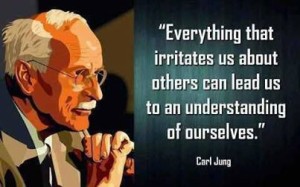Cancer – Coaching can be your best medicine
It is well known that the majority of reasons that are associated with cancer are related with disordered emotions.
Sadness, guilty, anger, anxiety are more likely to appear during times of stress, such as divorce, examinations, overwork, military service and other life problems.
The key issue is usually communication. Everyone benefit from people (friends, family, co-workers) who listen and provide supportive feedback.
Not sharing unpleasant emotions brings inevitable metabolic disruptions.
Coaching helps people express emotions appropriately.
Risk Factors
Cancers may be triggered by prolonged or repeated exposure to chemical, biological, or physical agents called carcinogens. However, the underlying cause of cancers often include relationships in the family and workplace. The risk of cancer is increased by consuming or inhaling carcinogens.
Cancer can sometimes be perceived as a toxic family tradition rather than as a genetically inherited disease. A cancer may be a way to follow an ancestor or relative who died of cancer – a possible consequence of what we call dead person identification.
Most cancer deaths are preventable. Although most cancer risk factors are well known, we can help people maintain emotionally healthy lifestyles and significantly decrease the risk of contracting many forms of cancer.
Emotions can affect the treatment of cancer. Emotional difficulties may contribute to poor metabolic control – which can cause further psychological problems. Common factors affecting cancer patients can be remedied with coaching:
- Objections to the prescribed treatment
- Managing emotions, beliefs and stress
- Relationships with family, friends and helping professionals
If you have a cancer, you may have severe mood swings. You may be unaware of these swings; in each moment acting as if the current emotion is a basis for long-term decisions. During these times, your relationships may be under severe stress. You may seem quite normal, yet say horrible things.
Cristina Madeira, Certified Executive and Team Coach by ICF
Cristina Madeira Certified Executive and Team Coach by

